The healthcare industry is evolving through advancements in technology, such as telemedicine, artificial intelligence (AI), and electronic health records (EHR). Additionally, there is a growing focus on patient-centered care, personalized medicine, value-based care, and the integration of digital health solutions to improve accessibility and efficiency.
Healthcare
Healthcare Solutions
Future-focused consumer ecosystems
Patients now expect high-quality care that is accessible anytime, anywhere, and at affordable prices. This demand is prompting healthcare providers to transform their operations and create cross-industry ecosystems. These solutions enable intelligent, connected, and personalized care, placing the focus squarely on the most important element in healthcare—the patient.

Industry benefit
Staying ahead of shifting consumer preferences can be tough
Improved Patient Outcomes
By leveraging advanced technologies, personalized care, and data analytics, healthcare providers can deliver more accurate diagnoses and treatments, leading to better patient outcomes and faster recovery times.
Increased Operational Efficiency
Automation, digital tools, and streamlined processes help healthcare organizations reduce administrative burdens, lower costs, improve resource allocation, and ensure quicker delivery of services, all while maintaining high-quality care.
Enhanced Patient Experience
A more connected and patient-centric approach leads to improved patient satisfaction by providing easier access to healthcare services, real-time communication with providers, and tailored treatment plans that meet individual needs.
Cost Savings and Financial Sustainability
By adopting preventive care strategies, improving care coordination, and reducing avoidable hospital readmissions, healthcare systems can lower the overall cost of care. This not only enhances the financial sustainability of healthcare organizations.
faq
Frequently asked questions
Here are some frequently asked questions (FAQs) for healthcare solutions
-
How is the healthcare industry evolving?
-
What are healthcare solutions?Healthcare solutions refer to the products, services, technologies, and strategies designed to improve the quality, efficiency, and accessibility of healthcare delivery. These can include innovations in telemedicine, electronic health records (EHRs), patient management systems, AI-powered diagnostics, medical devices, and more.
-
What are the benefits of adopting electronic health records (EHR)?EHRs improve the quality of care by providing healthcare providers with up-to-date and accurate patient information at the point of care. They help streamline administrative tasks, improve care coordination between multiple providers, reduce medication errors, and enhance patient safety by providing clear and accessible patient histories.
-
What is telemedicine and how does it benefit patients?Telemedicine allows patients to consult healthcare providers remotely through video calls, phone consultations, or messaging platforms. It benefits patients by improving access to care, especially in rural or underserved areas, reducing wait times, and providing convenience. It also reduces the need for travel, helping patients manage their health from the comfort of their homes.
-
What are the best practices for managing distribution partnerships?Best practices for managing distribution partnerships include clear communication, setting mutually agreed performance metrics, ensuring timely payments, fostering strong relationships, and using technology for better coordination. Regular reviews and continuous collaboration can help in identifying opportunities for optimization and improvement.
